The Short Answer
For those who are planning a renovation or home improvement project for a house or investment property, following the building regulations is key. This should be done at a local level, state level and national level.
Some of the projects that require a building permit include projects where a structural or utility change is made to an existing structure, such as a major kitchen or bathroom renovation, adding a room, building a swimming pool, building a deck, replacing windows, remodeling a basement and adding a garage.
Jump To
Remodeling Projects That Require Permits
If you’re planning to do remodeling to your home, or you’re renovating a property that you plan to flip, you’ll need to know which projects require a building permit. The following projects usually require a building permit, and this can be obtained from your local building department.
1. Kitchen Remodel
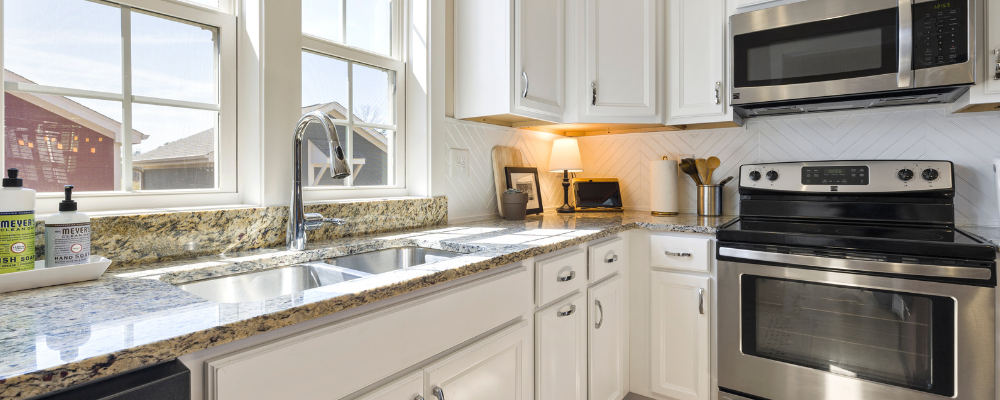
Any structural changes to a home will generally require a building permit or multiple permits. For example, removing a load-bearing wall to make a kitchen open-plan would require a permit as this is a structural change. The same goes for any changes to the kitchen’s utility connections, including electricity and plumbing. For example, moving a plumbing fixture will require a permit.
2. Bathroom Renovation
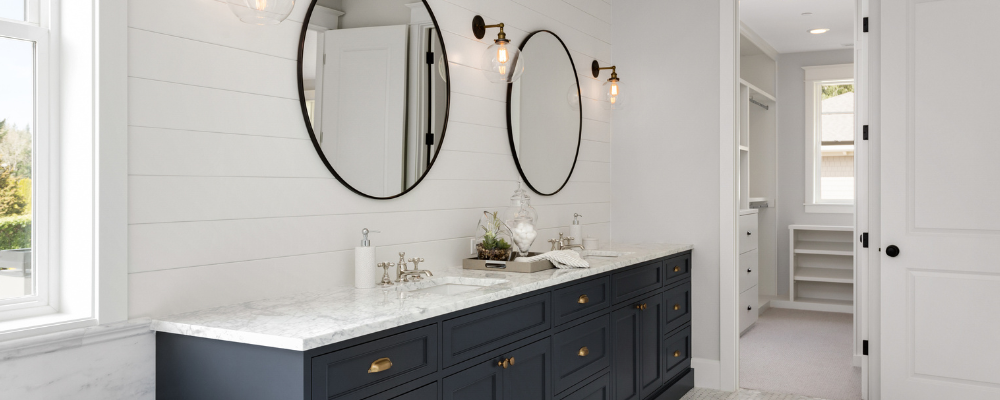
Similarly, bathroom renovations can also require a building permit if they are making any structural changes, moving plumbing fixtures, installing new electrical outlets, or making changes to the existing wiring.
3. Adding A Room
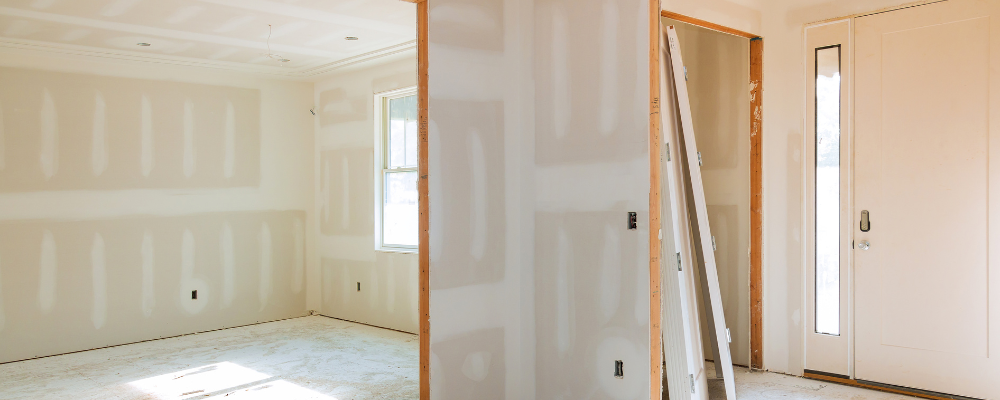
Any addition to a home’s footprint will require a building permit. This includes adding a room or expanding a room. It applies to any room in the house and outside the house, for example a garage.
4. Deck Construction

Building desks that are over a certain height, will require a permit for safety and structural reasons. It’s a good idea to check your local regulations for size restrictions, larger decks may require a permit even if they are at ground-level. For example, in some areas decks over 30 inches above grade will require a permit.
5. Window Replacements

Believe it or not, replacing the windows on a house can require a permit. Replacing an existing window without altering the size and shape of the opening doesn’t require a permit, but altering the size in any way will. For example, cutting a hole for the window. This applies to adding in skylights and new doors.
6. Basement Renovation
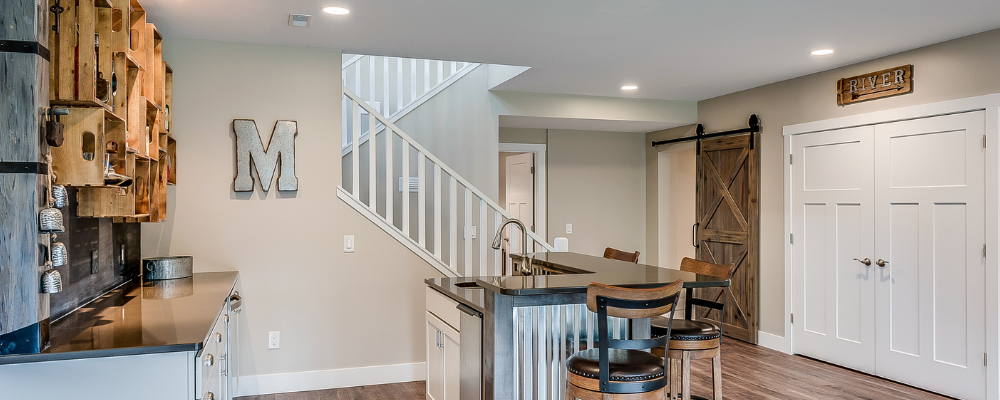
Renovating a basement into a livable space is essentially changing the purpose of the room and can therefore require a permit. Your local regulations may also require a permit for window additions or expansions in the basement too.
7. Garage Conversion or Addition
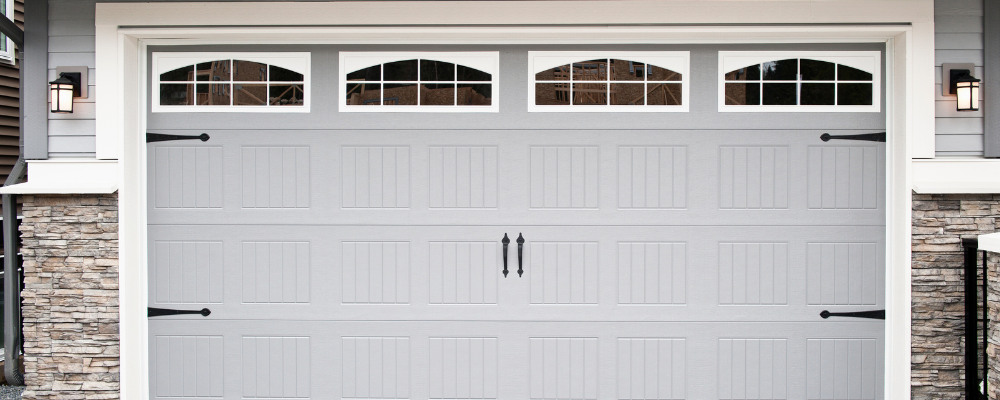
Similarly, building a garage or converting an existing one into something else can require a permit. This will depend on the local regulations and the extent of the garage conversion or addition, such as whether any structural changes are being made.
8. Installing A Swimming Pool

The installation of either in-ground or above-ground swimming pools will require a permit. The key points to consider with swimming pools is the zoning regulations, safety measures, electrical and plumbing considerations and inspections required. These will all impact the permit/s that you need for the home improvement project.
Remodeling Projects That Don't Require Permits
While many remodeling projects require permits for safety and compliance, there are also home improvements that don’t require permits. Which can be easier to take on and less administrative. However, it’s still vital to check your local building department, as each area has different regulations.
1. Cosmetic Changes

Small cosmetic changes that are done to a home do not require a permit. For example, painting the walls to refresh the space and make a change to your home’s aesthetic doesn’t require a permit and can give your home a facelift. Another example of a home remodeling project that doesn’t require a permit is replacing the floors, whether you’re upgrading to hardwood floors or putting a new carpet in, floor replacements can be done without a permit.
2. Fixture Replacements

Fixtures such as light fittings and faucets can be replaced or upgraded without needing a permit. For example, switching out faucets in the kitchen or bathroom to more modern options will not require a permit as the structure isn’t impacted.
3. Landscaping

Enhancing your outdoor space by planting trees, shrubs, or flowers is generally considered a landscaping improvement rather than a structural change, and permits are typically not needed.
4. Minor Repairs
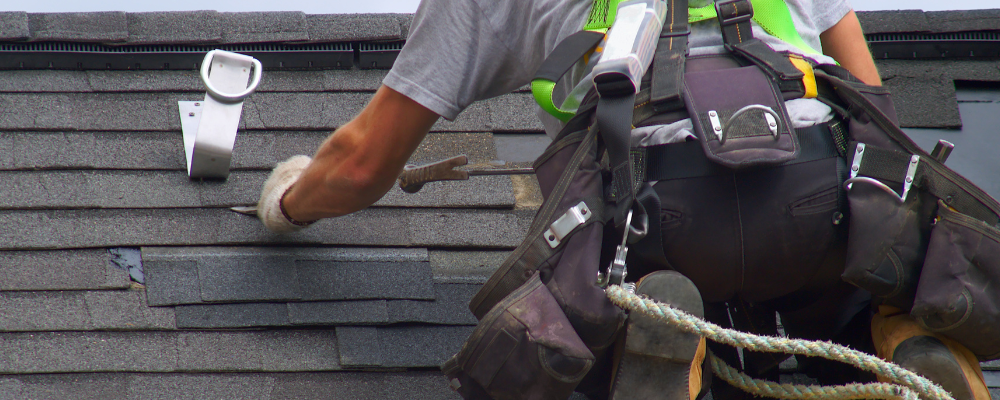
Small repairs that need to be done to your home typically won’t need a permit if they aren’t changing the structure of the home. An example of this type of project would be roof repairs of damaged shingles to prevent water leaks.
5. Replacing Countertops

Installing new countertops, for example in the kitchen or bathroom, whether for aesthetic reasons or to enhance functionality, is often considered a surface-level change. This type of remodeling typically doesn’t require a permit.
6. Fence Installation

Putting up a fence around your property at the boundary line is one of the few structures that can be built without needing a permit. However, it’s still a good idea to check the rules with the municipality as there are restrictions around how close you can build a fence to your neighbor’s property line.
What To Do If You Can't Get Building Permits
If you attempt to get building permits for your remodeling project and they are denied, there are a few steps to follow.
- Figure out why the building permits have been denied, so that you can work towards finding a solution. Common reasons for permits being denied include building codes, zoning regulations and incomplete documentation. You should also schedule a meeting with the relevant authorities, to get clarification on the issues and figure out what the solution would be.
- If you aren’t able to come up with a solution, hire a professional to assist. This could be an architect, engineer or contractor, depending on your project. They can deal with the local building authorities, to help you get your project compliant with the regulations.
- The next step is to modify your remodeling plans accordingly, and make sure that they meet the necessary requirements. If you can appeal the permit denial, this would be the time to do it and resubmit your application with the modified plans.
- Another option to consider is using an alternative approach to complete your remodeling project, without needing to apply for a permit, or in a way that falls in line with the regulations. As a last resort, you may need to seek legal advice, and if there is no way around your permit denial, you’ll need to rethink your remodeling project.
Do The Laws Vary By State Or Region?
Yes, the laws and regulations for remodeling projects and permits vary by state and according to each jurisdiction. Building codes, zoning ordinances, and the permitting process are generally established at the local level, and they can be influenced by state laws and regulations. Here’s how it works:
- Local Regulations: Typically, the overarching codes and building regulations are set at a local level, by the municipalities, cities or counties. The types of regulations included in this are construction standards, zoning requirements, and permitting processes.
- State Building Codes: State building codes generally provide the framework for the local building authorities to base their regulations on. In other words, the state provides the model building codes for the local permitting office.
- National Standards: There are also standard building laws that apply at a national level, these serve as a baseline for any construction project, across the country.
Additional Tips For Completing A Remodeling Project... Legally
For those who are engaged in real estate activities across different states or regions, staying informed about the regulation variations and consulting with local professionals or authorities is crucial to ensure compliance with all applicable laws and regulations. The key to completing a remodeling project legally is to understand the regulations at a local, state and national level.
Getting all the required permits is a necessity, and this should be done before you begin any work. Another important aspect is to stick to your plans once they are approved. If you need to make any changes, consult with authorities to update the plans and obtain approvals. If need be, you can hire professionals to assist with any of the legal issues you may be struggling with, to make sure that your project is compliant.

